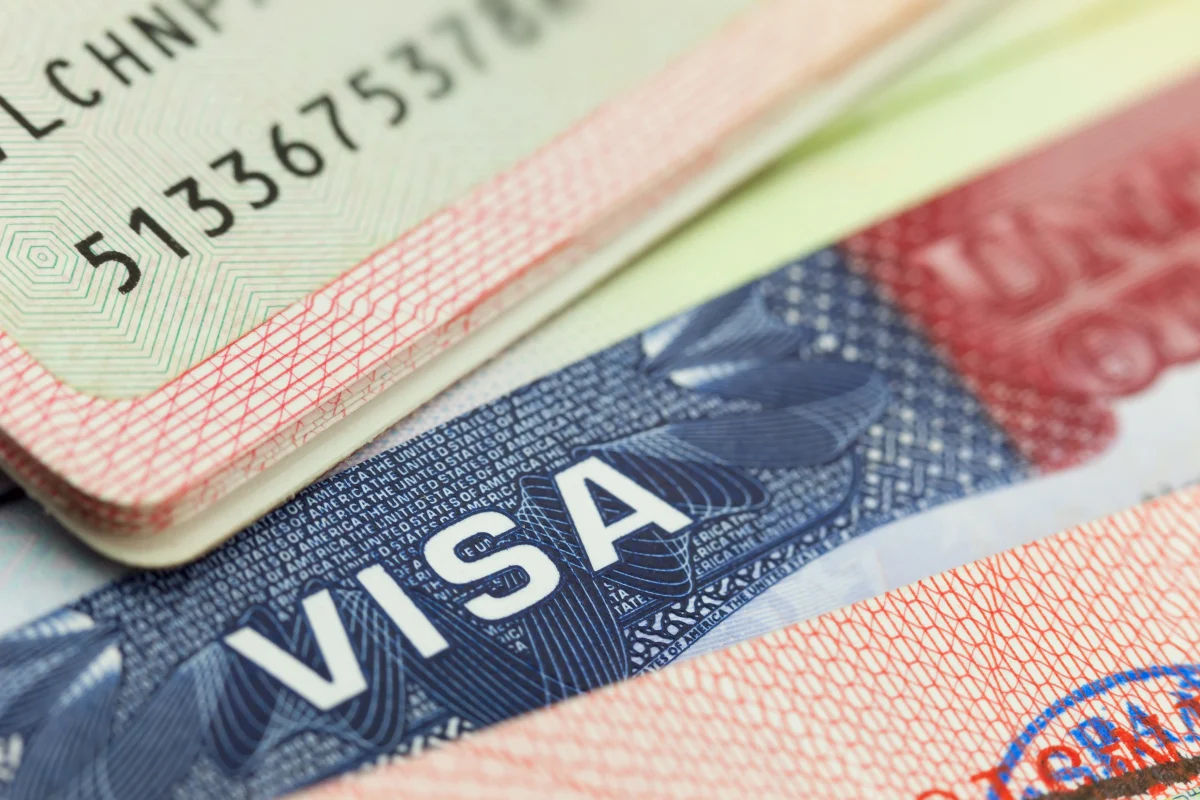The political landscape in America has quickly undergone numerous revisions this past summer. Many of the orders and mandates by President Donald Trump have changed what higher education looks like for international students. In May, a halt on student visa appointments went into effect as the administration reworked the inspection process for foreign students.Then, in June, Trump signed an order to suspend international student visas at Harvard University. Although the order was blocked by judges, this move led students at many other institutions to question their own futures studying in the United States, including many from Park University.
International students make up about 10 percent of Park’s student body. They come from dozens of counties and cultures and are involved in sports and clubs outside of their academic studies. Last semester, five international students at Park had their visas revoked and reinstated. This semester, some students had to adjust to the new measures.
Kevin Vicker, Associate Vice President of International Education, has been working with international students at Park since 2016. He explained that Park has a long history of welcoming international students by offering a safe environment for them to live and study.
“I think it all starts from the initial contact we have with them,” he said. “We offer a lot of assistance regarding the admissions process and also preparing for their visa interview.” The office prepares students by providing typical information for housing, but includes mock visa interviews, virtual, and in-person orientations.
Public changes, such as social media vetting, have been an adjustment the office has made when welcoming students. “We have to make sure [international students] understand that they have to have their accounts on public, their profiles on public [and] that they understand that everything they post on social media is accessible for review by the government prior to receiving their visa,” Vicker explained.
He also added that the majority of student visas now have to be acquired in the student’s home country. In previous years, international students could set their visa appointments up in a neighboring country’s embassy if their country’s wait list was backed up.
The New York Times reported that international student attendance nationwide fell by about 19 percent in August, the largest fall since the COVID-19 pandemic. Information about what is needed for a student visa and how the updated process works has moved quickly and has left some students feeling anxious. Even so, Vicker explained that the student visa process has always had its challenges. He said he believes that keeping students up to date on pertinent information has been the best course of action this term, even if the information is not always something they are excited about. The office also works closely with Park’s counseling center to make sure students know that such services are available to them, too. Vicker reiterated that the success of international students is a top priority and that their flexibility and resilience are not unnoticed.
A Park University junior from Germany who requested to remain nameless said she was initially unsure what college she would attend in the U.S., but decided to commit to Park, where she plays soccer. Although she did not have any issues receiving her visa, she shared that her friend received a scholarship but was initially unable to set up a visa interview due to the freeze in May. She was later able to schedule her interview closer to the start of the fall semester.
A teammate who was expected at Park this year also had difficulties, the student explained. That student was unable to get her visa, though she did not share more details on what led to her inability to obtain one.
Still, the student spoke highly of the attentiveness Park’s international admissions staff displayed: “I know some people were having issues with their visas over the summer, and also before. [The international admissions office] would text you — even though you weren’t emailing them — like, ‘I heard you were having issues, if there’s anything you need let us know.’”
The student also said friends and family back home in Germany had concerns about her coming back to the United States to finish her degree. Specifically, she said her mother was worried. “My mom, she’s very into politics and stays up to date with stuff. She also used to study in the U.S., so she’s not against studying in the U.S. She likes the U.S., but she is afraid of rights being taken away. You can’t really say your opinion … you’ll kind of end up in danger.”
She explained that her mother offered for her to stay in Germany to finish her junior and senior years, but the student decided to finish at Park. “She obviously understood that I wanted to go back,” she said. “But yeah, she’s not feeling good about it.”
In August, a new rule was proposed by the current administration to end the “duration of status” of some visa holders. According to the proposal, “F (academic student), J (exchange visitor), and most I (representatives of foreign information media) classifications, with limited exceptions, are currently admitted into the United States for the period of time that they are complying with the terms and conditions of their nonimmigrant classification (‘duration of status’).” The proposed changes would mean that, for an additional cost, international students would have to file an application with United States Citizenship and Immigration Services (USCIS) to extend their status past 4-years. This could eliminate the option for international students to participate in Optional Practical Training (OPT) and master’s programs after finishing their bachelors degrees.
The anonymous German student currently holds a 5-year visa and has considered completing her master’s in the United States. However, the current mandates have made it unclear to determine whether she should leave the country after she finishes studying.
“It’s not holding me back from going home, but it can always change from week to week,” she said. “You don’t know what will happen while you’re home.”








